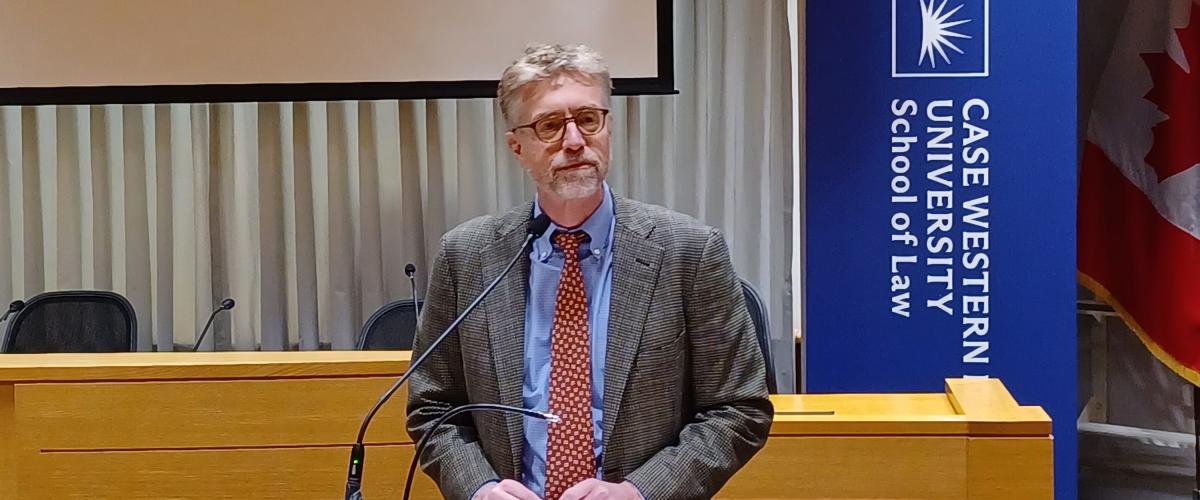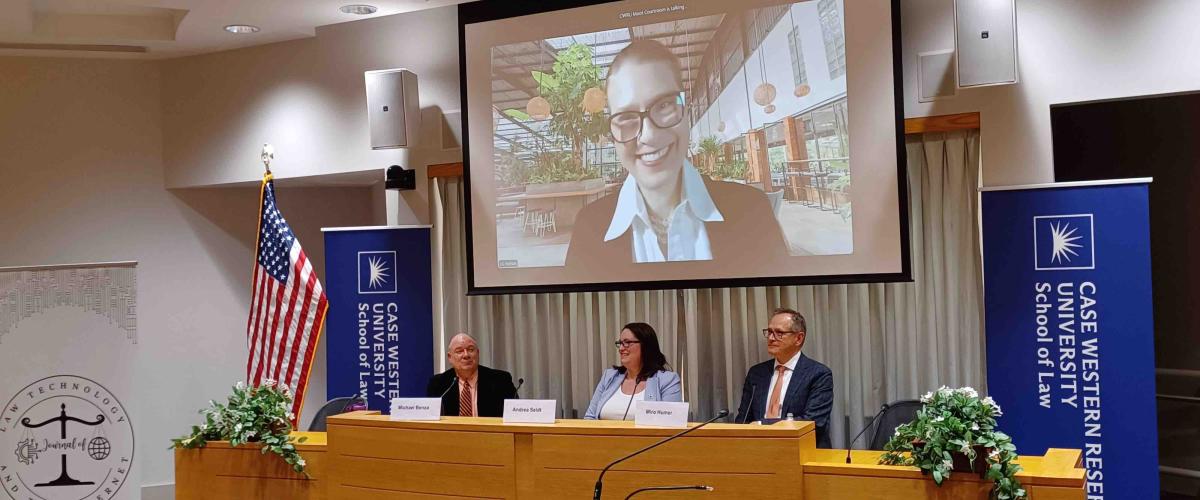On April 10, the Center for Business Law hosted a public lecture featuring Mitu Gulati from the University of Virginia School of Law. During the talk, he presented a paper co-authored with Irving Arturo De Lira Salvatierra and Michael Bradley from Duke University, Fuqua Business School on the topic of the issuance of Diaspora Bonds: Patriotism or Investment?
Gulati traced the first issuance of diaspora bonds—those bonds issued and sold to diaspora populations who have left their home country—to the Irish Independence Movement. The movement issued bonds to Irish immigrants in the U.S. which would only pay out only if independence from Britain materialized.
Other countries have followed suit. Diaspora bonds allow for a country in crisis to raise funds by tapping into the willingness of the diaspora to buy the bonds of their home country. Israel initiated the sale of diaspora bonds beginning in 1951.
The sale of such bonds raises the question of whether countries in crisis can secure cheaper financing because of the patriotic feelings in the diaspora population. Gulati et al studied the most successful diaspora bond program: the Israeli bonds which are sold through synagogues in the United States. The authors wanted to determine whether the bonds provided below market rate financing. However, contrary to what advocates had predicted, the diaspora bonds provided a premium to investors buying the bonds except in cases of an emergency, such as the recent attack by Hamas. In such cases, the sovereign can secure cheap financing through diaspora bonds as investors are willing to accept a lower return in a time of crisis.
Their study raises the question of whether the successful Israeli bond program can be replicated in other countries facing crises who face a need for emergency funds.





